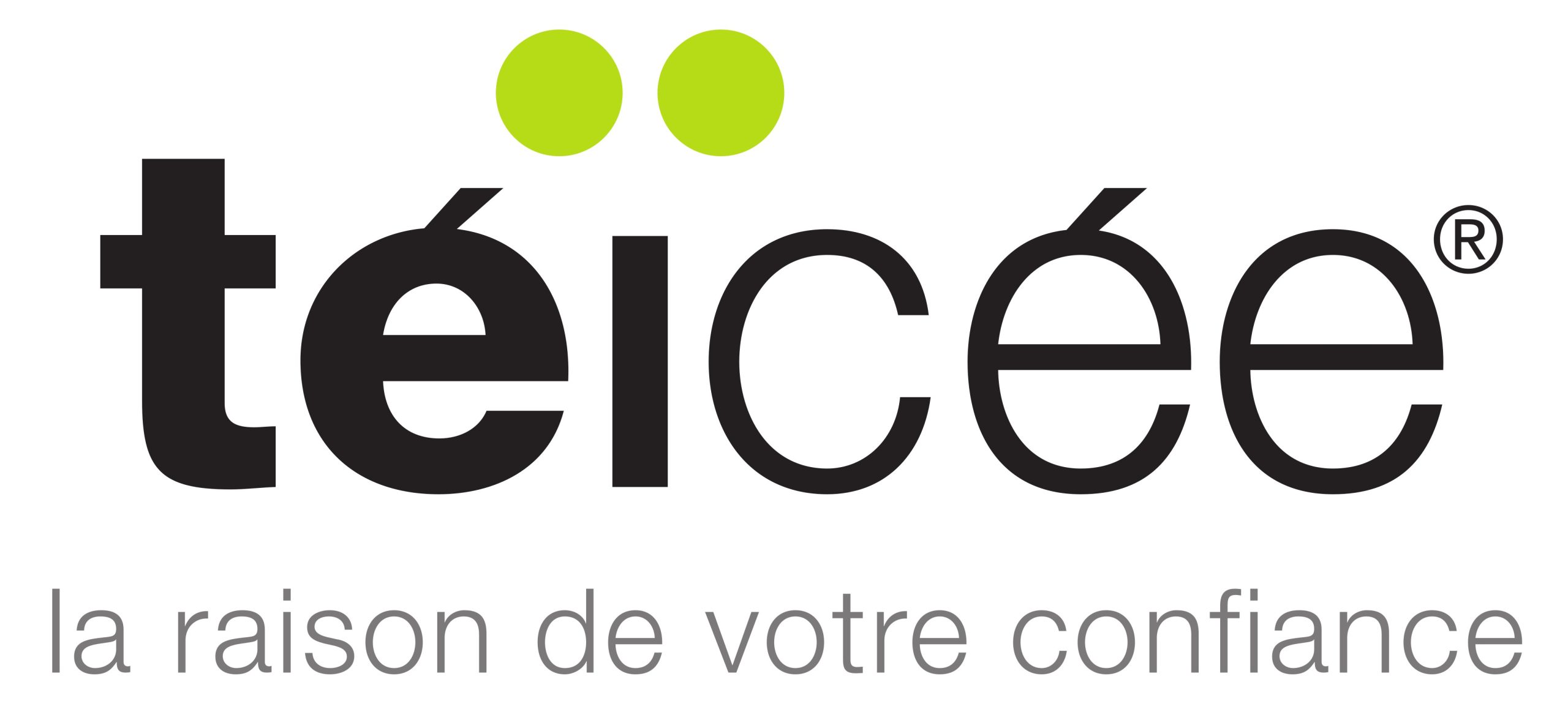Raoul tells us about it
Xivo is an open-source unified communications software solution for businesses. It offers a host of advanced features, including call management, voicemail, call redirection, conference calls, online presence, contact management and much more. Systems and network administrator at téïcée, Raoul is pleased to tell us more about Xivo.
What is Xivo?
Xivo allows you to make VoIP, a software that allows you to manage physical or virtual telephones and link them to a remote subscription. Basically, it allows a company to have several numbers and manage its entire network of telephones internally.
So using the Internet to manage your numbers...
Yes, it's the principle of VoIP, the telephone is connected with an Ethernet cable. There's no special protocol... Before there was ADSL, you plugged into a telephone socket, it was a network independent of the Internet. Now everything is unified and we use the Ethernet protocol to send specific VoIP frames over the Internet.
What's in it for you?
It's more practical. It's quicker to deploy and, above all, it means you can have a single management system for several phones.
You said that Xivo is a software package, right?
Yes, it's software on the server side and on the client side, so it's not distributed through a cloud in SaaS mode... So you're really independent, you manage your own system... Then there's obviously the subscription side where you have to rent your numbers as if you were renting IP addresses. So in fact there's the Xivo and behind it we have all our phones. The Xivo is permanently connected to the operator, which allows all calls to be routed to the outside world. We call it a trunk.
So what does this software do?
It's really business-oriented. There's user management, call management, group management, redirection... There's also another side to it, which is the call centre for companies that specialise in canvassing and have all their agents calling at the same time. There is also a directory concept. A general directory that displays the numbers of callers. For example, we link it to Odoo (ERP)... Xivo also includes the softphone. So the softphone is a telephone that's no longer hardware, it's an application. It works well, it's simple. You click to call someone, you type a number on the keypad, you don't have to change your headset, it's all done from your computer... Another interesting thing about Xivo is the fact that you can link to the LDAP so there's no need to create an independent account. You see the password that everyone uses everywhere, which is a centralised password, and Xivo makes it easy to link the softphone to LDAP. Basically, you use the same password to connect to your phone.
The benefits?
The admin interface, where you can manage users, groups and redirections, is really well designed. It's well done, it's well presented and it's actually quite complete... You can go quite far in the configuration. You can set up absence messages, busy statuses and of course an answering machine. For example, if so-and-so doesn't answer after 4 seconds, the call is transferred to another person. You can set this to the exact second... If it rings busy, you can tell who to forward the call to.
And the fact that Xivo is open source?
You own it, you manage it, so you're really independent and in control of your data. It's not in the cloud with a hosting company.
so with Xivo you need a physical server, a machine?
Yes, it's an independent machine that can be a virtual machine. That's the whole point of having open code. You know how it works and you can self-host.
You were talking about linking Xivo to Odoo (ERP). Can you tell me more?
Yes, linking it to Odoo is really custom... It's possible because it's open-source... We went into the system to see how Xivo worked so that we could then adapt it. It's also possible to record contacts directly in the database because it's open source. It gives you more possibilities, in fact. If, for example, we want to add a feature to Xivo tomorrow, we can do so easily.
In conclusion, why choose Xivo?
If a customer has large, complex telephony requirements, Xivo is the place to go. Xivo can manage much larger infrastructures. It can manage many users. It's scalable. You can also increase the capacity of the virtual or physical machine, there are no limits. Similarly, if a customer wants to be self-sufficient and self-hosting, Xivo is the place to go. And for customisation, if a customer has very specific needs, Xivo is open to the possibility of customisation. It's a truly flexible, modular and adaptable solution.



